When homeowners begin upgrading or building a new garage, one of the first questions that comes to mind is: how much is a new garage door? The answer depends on a range of factors, including size, material, insulation, design, and the type of opener system you choose. A garage door is more than just an access point—it’s a functional and aesthetic feature that impacts curb appeal, security, and energy efficiency. In this guide, we’ll break down the average costs and what influences them to help you make an informed decision.
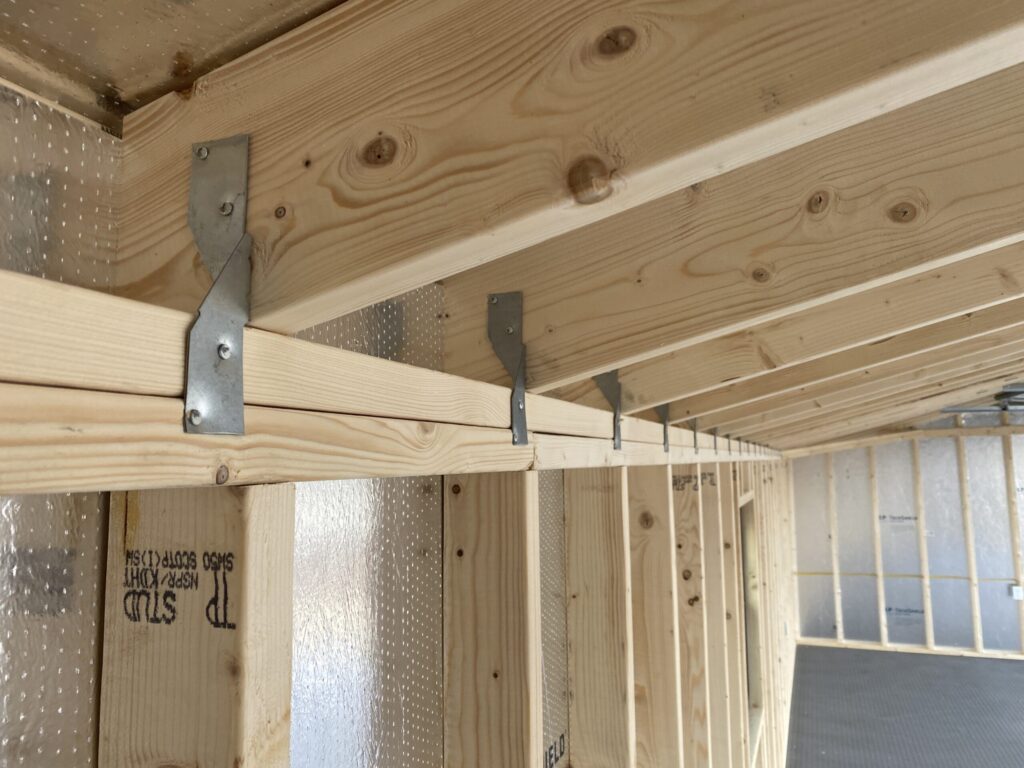
National Average Cost of a Garage Door
On average, the cost of a new garage door in the United States ranges from $800 to $2,500, including installation. Basic single-car doors made from steel with minimal insulation can start as low as $500, while custom double-car doors made from premium materials can exceed $4,000. Labor costs for installation typically add another $200 to $600 depending on complexity and region.
It’s important to consider that this is a general estimate. Your location, preferred style, and choice of features will greatly affect your final price. For instance, insulated doors, smart openers, or wood-look finishes may increase the price but also improve long-term performance and curb appeal.
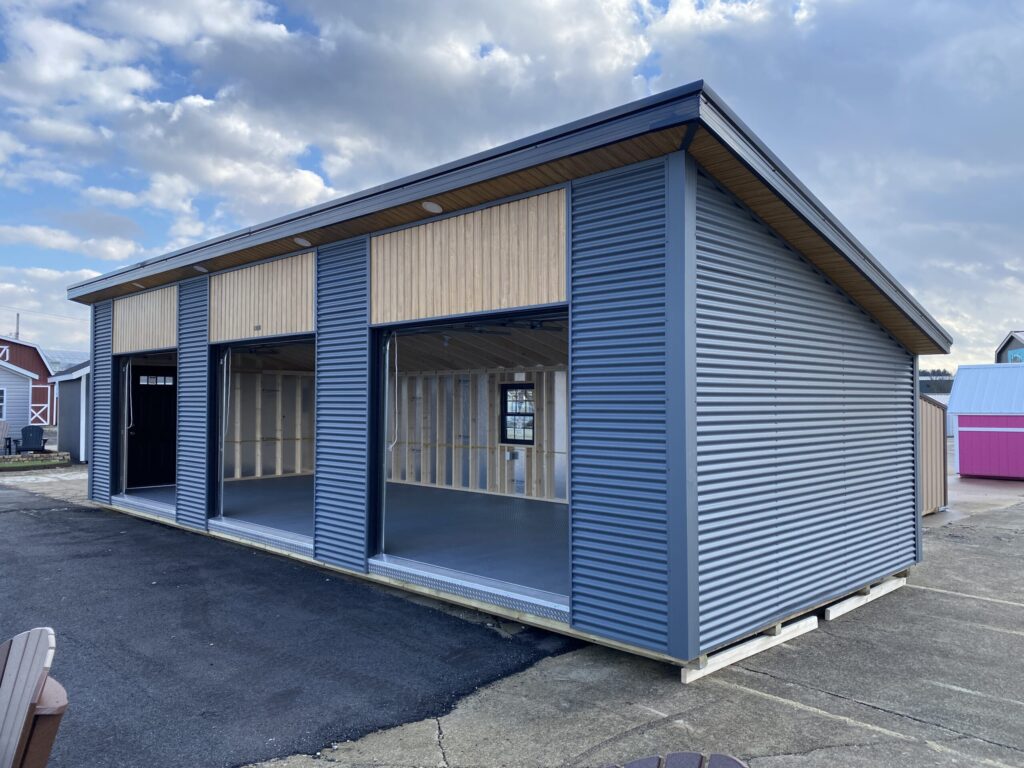
Material Choices and Their Impact on Price
The material of your garage door is one of the largest factors affecting the overall cost. Common options include:
- Steel: One of the most affordable and durable materials. Prices generally start at $500–$1,500 depending on insulation and thickness.
- Aluminum: Lightweight and rust-resistant, aluminum doors can range from $700 to $2,000.
- Wood: Offers a traditional, high-end look but requires more maintenance. Prices can range from $1,200 to over $4,000.
- Fiberglass or Composite: A balance between cost, durability, and style. These doors usually range from $800 to $2,500.
Each material brings different benefits. Steel is ideal for durability, wood for aesthetics, and aluminum for corrosion resistance in humid environments.
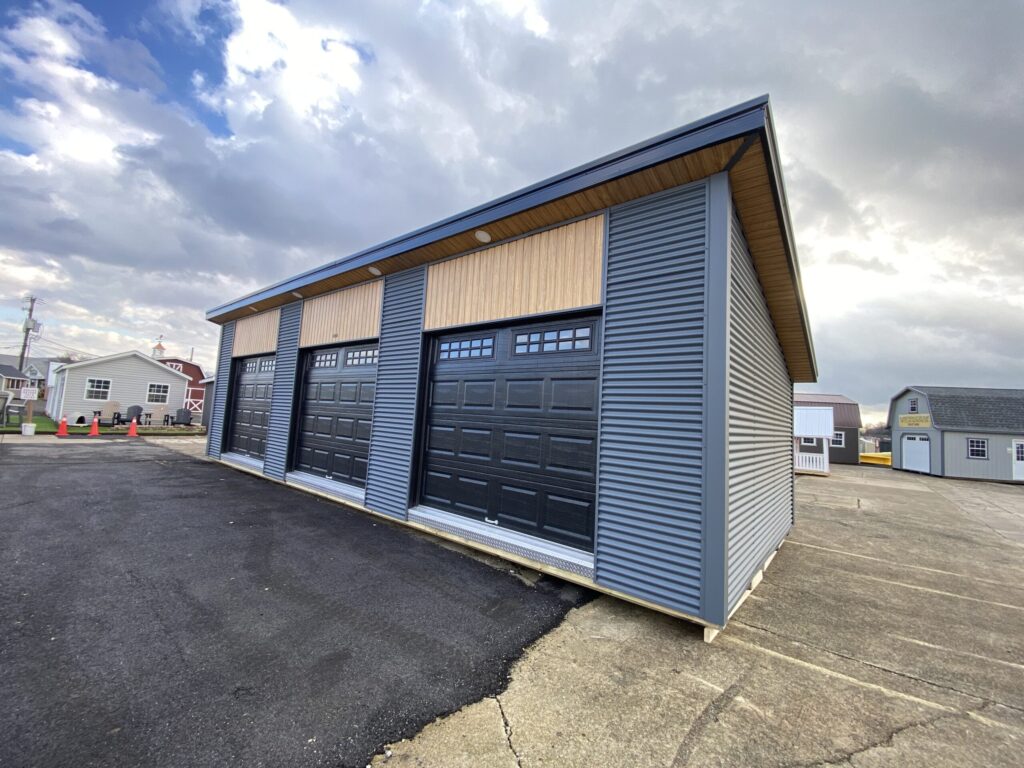
Size and Configuration Considerations
Garage door size directly impacts cost. A standard single-car garage door (typically 8 feet wide by 7 feet high) will be more affordable than a double-car door (16 feet wide by 7 feet high). Custom dimensions, higher clearances, or unique shapes will increase material and labor costs.
Additionally, your garage’s construction—whether it’s attached, detached, or part of a prefab structure—can influence pricing due to site accessibility and hardware requirements.
Insulation and Energy Efficiency
Insulated garage doors offer better temperature regulation and energy efficiency, especially in regions with seasonal extremes. These doors typically feature polyurethane or polystyrene core layers and come with higher R-values (a measure of thermal resistance).
While insulated doors can cost 15% to 25% more than non-insulated models, they can reduce heating and cooling costs and improve comfort for garages used as workshops or living spaces. The added investment may pay off in long-term utility savings.
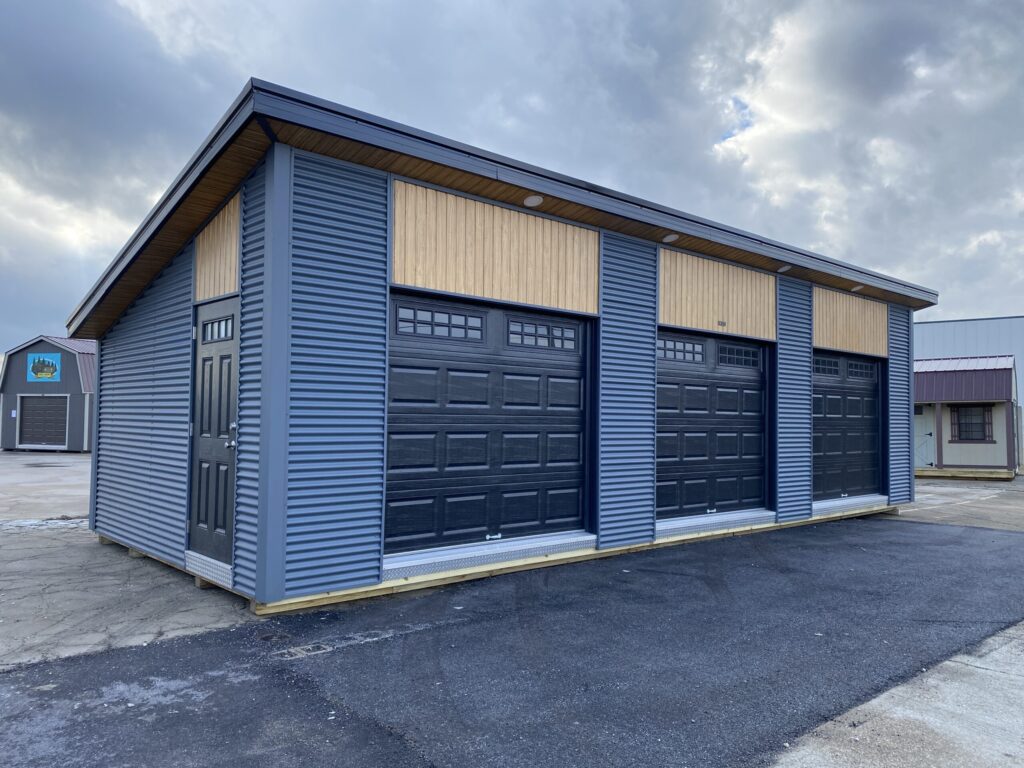
Style, Color, and Customization
Garage doors now come in a wide range of styles, including carriage house, contemporary, barn-style, and more. Windows, decorative hardware, custom paint or stain, and textured panels all add to the final cost.
A custom-designed door tailored to match your home’s architectural style may increase curb appeal and home value. However, intricate styles with specialized materials and finishes can significantly raise your investment.
Opener System and Technology
In many cases, replacing or installing a new garage door includes updating the opener system. Basic chain-drive openers are the most affordable, while belt-drive and wall-mount openers offer quieter operation at a higher cost. Expect to pay an additional $150 to $600 for a new opener, depending on brand and features.
Smart garage door openers with app integration, remote access, and security monitoring are becoming more popular. These features add convenience and security but may increase your total project cost.
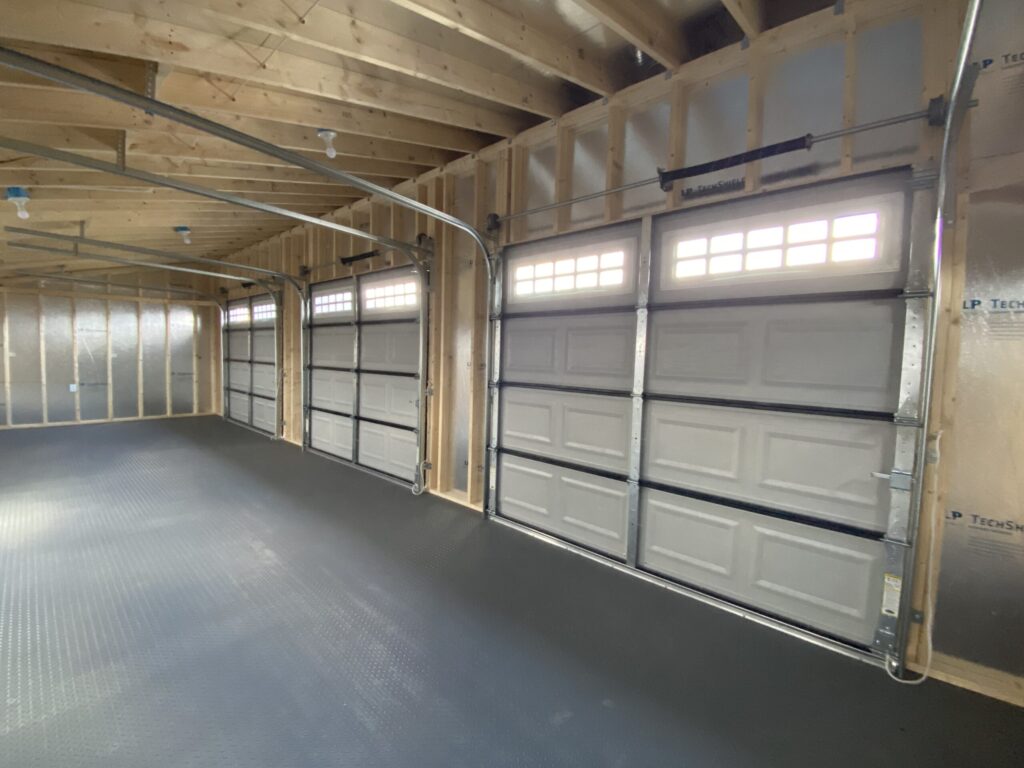
Installation Costs and Labor
Professional installation is recommended for garage doors due to their size, weight, and safety concerns. Labor fees vary by location, but most homeowners can expect to pay between $200 and $600 for installation. This may include removal of the old door, hardware assembly, spring tensioning, and opener setup.
Some custom installations may require additional structural framing, electrical work, or high-lift track systems, increasing labor charges. Always request a detailed quote that includes all components and services.
Value of a Quality Garage Door Investment
A new garage door offers more than basic functionality—it enhances property value, security, and energy efficiency. According to the Remodeling 2023 Cost vs. Value Report, garage door replacement consistently ranks among the top home improvement projects with high return on investment (ROI).
Choosing a well-insulated, visually appealing, and durable door can yield both daily convenience and long-term home equity benefits.
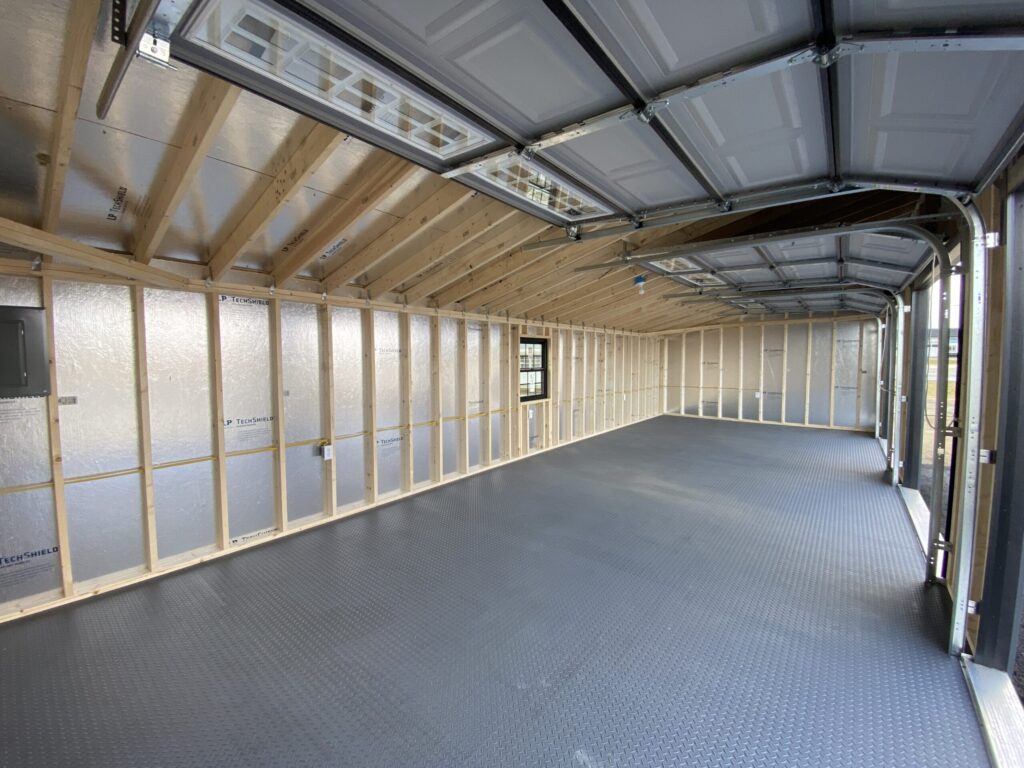
Ohio Cabins & Structures Prefab Garage Solutions
Ohio Cabins & Structures builds custom prefab garages designed to accommodate various garage door sizes, opener types, and insulation preferences. Their team ensures every structure is built to support modern garage systems with durable framing and aesthetic flexibility. Whether you’re looking for a one-car, two-car, or custom garage solution, their models are tailored to suit your needs and budget.
Explore prefab garage options and contact their team by visiting Ohio Cabins & Structures. For further insight on choosing garage doors, check out resources from the International Door Association and leading brands like Clopay.
Understanding how much a new garage door costs allows you to budget smartly and choose the best fit for your home. From materials and size to technology and style, every choice affects your investment—but with the right builder, the result is a durable and attractive garage solution that adds value for years to come.
